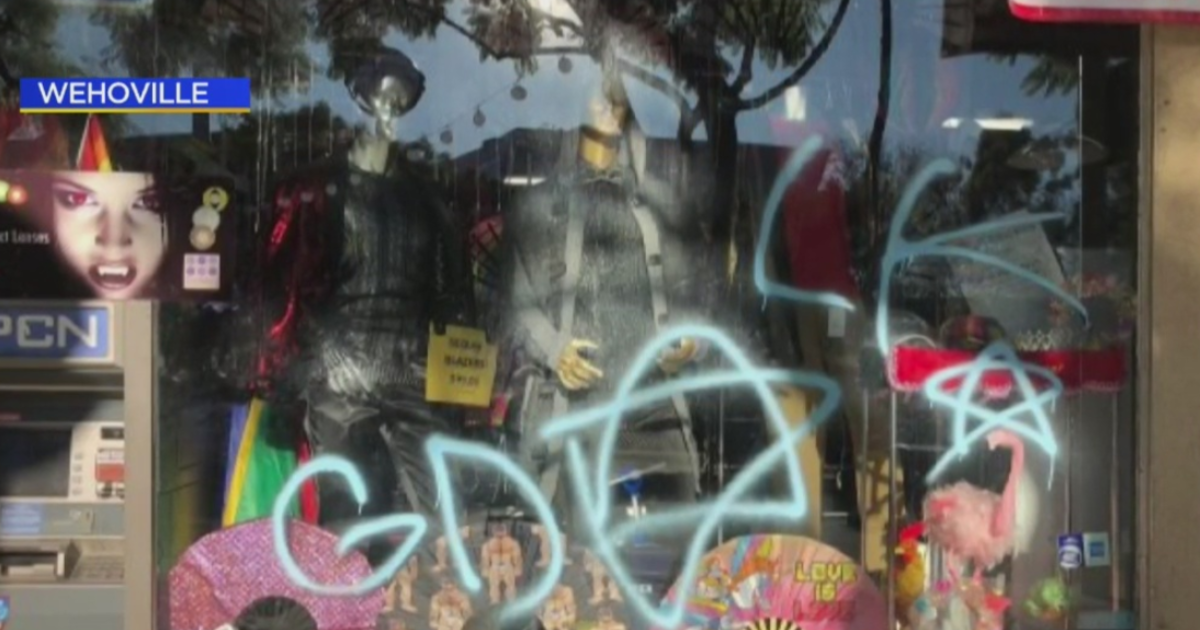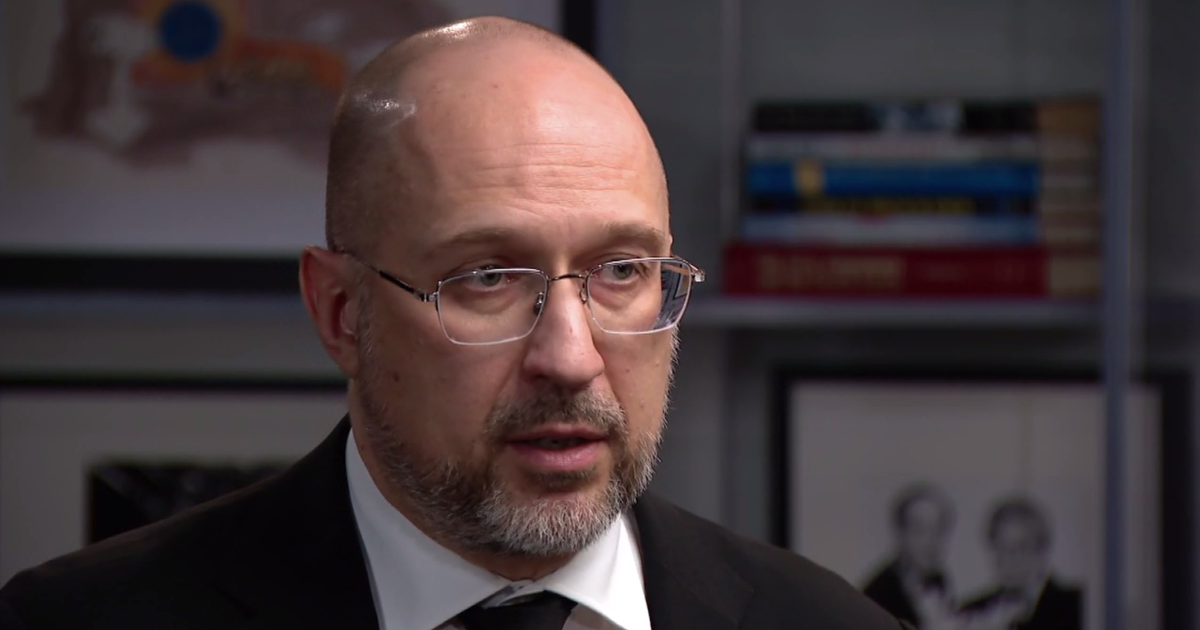Illinois Beats Michigan...In Foreclosures
SPRINGFIELD, Ill. (STMW) - Illinois outdid its famously hard-hit neighbor to the northeast in at least one barometer of economic malaise last year: the Land of Lincoln surpassed Michigan in property foreclosures, tallying 151,304 filings to Michigan's 135,874.
The two Midwestern states ranked fourth and fifth in the number of foreclosures, behind California, Florida and Arizona. Cumulatively, the five states accounted for 51 percent of the nation's home repossessions last year.
Figures released today by RealtyTrac also report that 2.23 percent of all U.S. housing units, one in every 45 homes, received at least one foreclosure filing during the year. The grim tally represents a nearly fourfold increase over the filings nationwide in 2006.
Kendall County led the state in foreclosure filing rates, at one in every 13 homes. Kane came in second, with one in 19. Will County logged the third-largest rate, with lenders filing to foreclose on one in every 21 households. DuPage ranked ninth.
The variables that add up to forfeiting a home aren't any different, local Realtor Russ Weglarz said. A mortgage holder loses the ability to make payments, and the lender takes the place back. It's just that those outcomes are far less anomalous than they were just a few years ago.
"No question about it, it's worse now than it has ever been," said Weglarz, who works with Coldwell Banker in Bolingbrook and has been involved in foreclosures for two decades.
The problem has snowballed as the economy has continued its prolonged funk. Initially, first-time homebuyers and others of relatively limited resources were the ones getting into trouble after they bought homes they really couldn't afford.
"It was pretty easy to get into a home with no money down and little financial commitment on the part of the buyer," Weglarz said, adding that as job losses have mounted and home values have dwindled, the woes have been magnified. "Now we're seeing more and more people who are victims of the economy, which is worse."
DuPage County sheriff's deputies are seeing the problem firsthand, serving foreclosure notices at unprecedented levels. Spokeswoman Dawn Domrose said the exact number could not be determined, because different kinds of notices are intermingled in a single database. However, the department last year served 1,467 eviction notices, and 908 evictions were completed.
Dave Zager, chief financial officer for District 203, said it is hard to predict the impact of foreclosures on the district.
"The effect is diluted because of the manner in which assessments are done in which you are using a three-year average for the assessed value," he said.
David Holm, assistant superintendent of business for District 204, also said he didn't know what the long-term effect would be on the district.
"For the most part, the process for collection of taxes is still working and our collections are still pretty consistent and at a pretty high rate," he said. "... For the most part, we have not seen any significant uncollectible amount of taxes in this district."
Despite the gloom and doom, there's a silver lining to the cloud. Homes that have emerged from the foreclosure process can be had for a fraction of their original selling price now, which is good news for those with capital in hand.
According to RealtyTrac, there are 147,093 foreclosed homes available in Illinois, at an average sales price of $137,522.
"This is the best time in my 20 years in real estate to buy," Weglarz said. "Properties are way devalued. It's a good time to get into a really nice house for a great price."
While it's true that a home sale won't bring the proceeds it would have before the housing bubble burst, the losses can be offset in the subsequent purchase.
"You may not have gained any equity in your home," he said. "But you're going to save as much money as you lost in your old home."
There are signs the bleeding could stop before too much more time goes by. Default notices were down 4 percent in December compared with the previous month, and 35 percent lower than the same month the previous year. Although RealtyTrac CEO James Saccacio attributed the dip largely to an ongoing controversy over procedures and documentation that prompted up to 250,000 foreclosure proceedings to be suspended last year, Weglarz senses a glimmer of light at the end of the tunnel.
"It's going to get better, but probably not any time soon," he said, adding that things appear to have flat-lined. "It's something we have to go back to: holding onto our real estate while it regains some of its value.
"This concept of moving up from one house to another, getting bigger and bigger and eventually downsizing, it's going to end."
© Sun-Times Media Wire Chicago Sun-Times 2010. All Rights Reserved. This material may not be published, broadcast, rewritten, or redistributed



